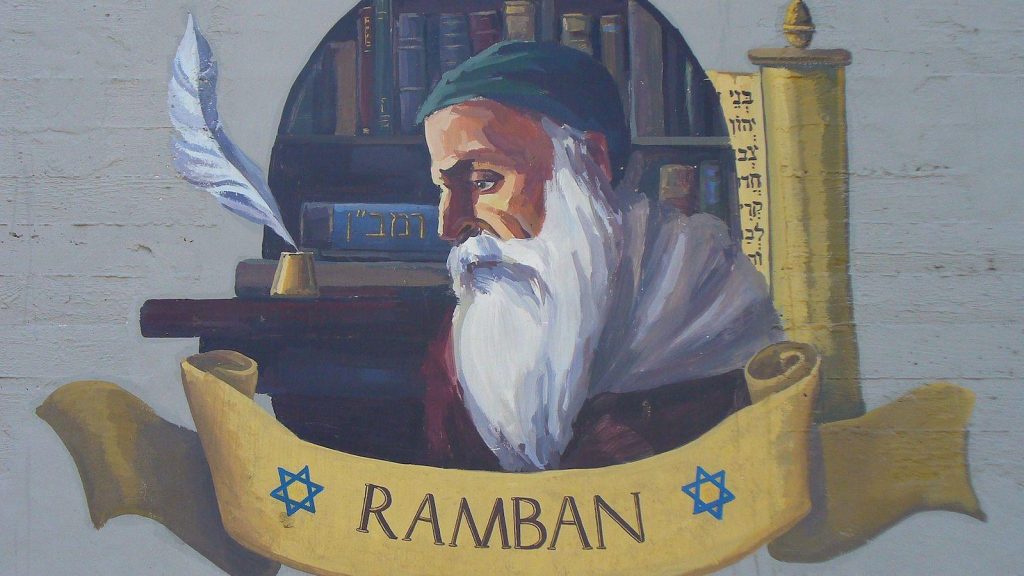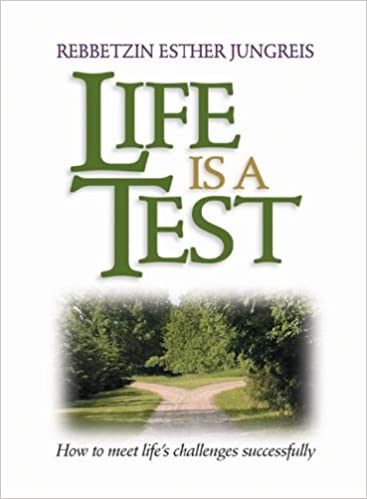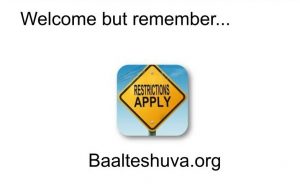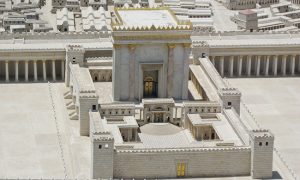Why does the Torah invest so much subject matter to animal sacrifices?
The greatest of all gifts
The greatest of all gifts given to humans is intellect, especially regarding the ability to decipher. In Genesis, Hashem told Adam “Of every tree of the garden you may freely eat. But of the Tree of Knowledge of good and evil you shall not eat of it, for on the day that you eat thereof, you shall surely die.” Genesis 2, 16-17

Ultimately God did want humans to have this amazing gift;… The knowledge of Good and Evil.
May I suggest that in Hashem’s infinite wisdom knew the gift was so valuable, so precious that it needed to be “packaged” properly. Human nature is such that when people receive gifts that come too easy, they don’t respect it. Statistically most people who win the lottery have reported that they were much happier before the win. Humble appreciation of a gift is imperative in order to make the best use of a gift. Hence, Hashem needed to present this gift in the form of a test.
Humans are different from animals

Make no mistake about it, humans are beyond any comparison to all other living things. Although Hashem created humans with many physical similarities, particularly to mammals, we cannot assume equivalence. Yes, both have many physical likeness but that is where any likeness ends.

Because of the visual resemblance, there may be a tendency for some to consider animals on a similar level with humans. Torah distinctly directs us not to get caught up by this dangerous misconception. This way of thinking can lead people on a very dangerous mindset. Of course animals are a valuable, beloved, and useful part of our lives, but we must not be seduced to believing that animals are more than they are. By adopting the idea that animals have “rights” we are opening a discussion that is a totally hypocritical and invalidates it’s own point right from the start. On one hand by saying animals have rights like us, we are minimizing ourselves in our own eyes and any importance of humans having rights. On the other hand by using the same argument, we are over estimating ourselves. When we assert that we know what constitutes a quality life for an animal we are taking Hashem, Who created everything out of the equation.
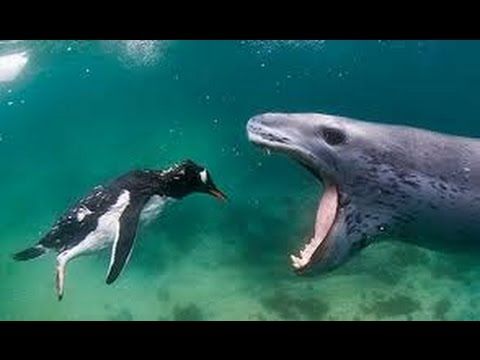
Who are we to define what constitutes a quality life for an animal?
The idea of trying to equate animals to humans must be, in my humble opinion, an egregious insult to the Creator, a rejection of the the gift of intellect and perhaps even a form of idol worship.
Purpose

Humans are the only living beings endowed with a mission. At the onset of the creation of Mankind, Hashem clearly states his role with respect to the animal kingdom. “And God said, “Let us make man in our image, after our likeness, and they shall rule over the fish of the sea and over the fowl of the heaven and over the animals and over all the earth and over all the creeping things that creep upon the earth.” Geneses 1, 26
Clearly this is not just a casual statement. At the last hour of the last day of creation, Hashem distinguishes his very last living creation from all the others and charges Man with a mission, to rule over all the previous created beings.
In addition Hashem directs his people to improve ourselves to a point that would be worthy of Hashem wanting to dwell among us. “…And they shall make Me a sanctuary and I will dwell in their midst” Exodus 28 8

Unlike humans, animal have no purpose other than following their desires for survival. Their behavior is similar to a computer. It is determined by how the operating system has been “programmed”. As proof, just watch animals in their natural environment; A spider must build a web, beaver builds a dam, a bird builds a nest, and salmon swim upstream to spawn. Animals just do as they are programmed. Yes with the human intervention of a reward and punishment system, some animals can be trained, but that too is limited and actually just another form of programming with human intervention.
Human qualities / potential

Human beings have been given the most beautiful combination of Godly qualities. The ability to ability to question and reason, to rationalize, to learn and grow. The characteristic to be creative for the sake of expression. People can self improve and beautify their environment, they can go against their physical / animal drives when it is determined for the greater good. Above all, like the Ultimate Giver, Hashem, humans have been given the unselfish ability to give. Just for the sake of giving.
All these traits are unrelated to any inborn instincts or our programming. They are an expression of our knowledge of good and evil. “For God knows that on the day that you eat thereof, your eyes will be opened, and you will be like God, knowing good and evil.” Genesis 3, 5
In simple language encapsulated within this gift is free will.
Moses ben Nahman
The following is the Moses ben Nahman (Ramban) explanation regarding animal sacrifice, with some my own embellishments.
The evil inclination is sometimes referred to as the “animal soul”. When humans act only to satisfy their selfish desires and interested only to pleasure themselves they are portraying animals.
Unlike animals, humans, by virtue of this gift, have a purpose other than following after their heart and their desires. Hence the person who acts like an animal spurns this most valuable of all divine gifts from our Creator.


The experience of taking the time, energy and expense to give a loved one a valuable gift is the ultimate expression of affection and appreciation. Most people would be mortified if it was thrown away.
The punishment for this sin should be the death penalty, but in Hashem’s mercy he offers a remedy; The man can take a choice animal, lean himself on the animal, thus recalling his sins and declare that he has failed to control his animal impulse, he acted like an animal. The slaughter of this innocent animal demonstrates his desire to kill this character flaw and return or do “teshuva”, by acknowledging the person Hashem intended him to be.
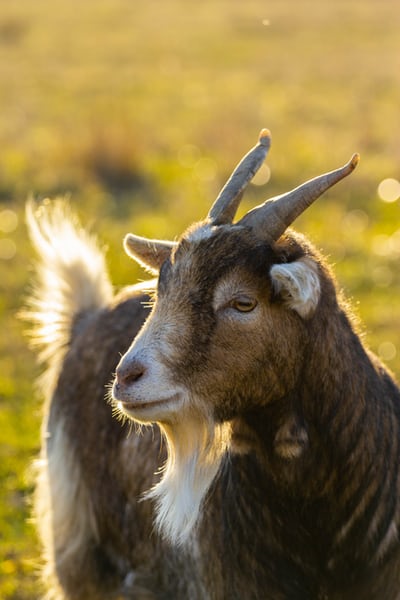
The blood of the animal represents the life and conscience of the being.
For the soul of the flesh is in the blood, and I have therefore given it to you [to be placed] upon the altar, to atone for your souls. For it is the blood that atones for the soul. Therefore, I said to the children of Israel: None of you shall eat blood, and the stranger who sojourns among you shall not eat blood. And any man of the children of Israel or of the strangers who sojourn among them, who traps a quarry of a wild animal or bird that may be eaten, and sheds its blood, he shall cover it [the blood] with dust. For [regarding] the soul of all flesh its blood is in its soul, and I said to the children of Israel: You shall not eat the blood of any flesh, for the soul of any flesh is its blood all who eat it shall be cut off. Leviticus 17, 11-14

When a person flicks a substance off of fingers it is always done with an attitude of “get this stuff off of me“. This sprinkling or flicking the blood on the holy alter dramatically exemplifies the commitment to “get this animal like character flaw off of me” and in doing so he can “alter” his life for good. He is committing to himself and Hashem a firm commitment to respect the gift of intellect and use it in the service of Hashem.
Getting back to the original question….
Why does the Torah invest so much subject matter to animal sacrifices?
May I suggest we refer back to the first event recorded in the Torah after Hashem had formed another human being. “And the Lord God caused a deep sleep to fall upon man, and he slept, and He took one of his sides, and He closed the flesh in its place. And the Lord God built the side that He had taken from man into a woman, and He brought her to man. And man said, “This time, it is bone of my bones and flesh of my flesh. This one shall be called ishah (woman) because this one was taken from ish (man).” Therefore, a man shall leave his father and his mother, and cleave to his wife, and they shall become one flesh. Now they were both naked, the man and his wife, but they were not ashamed.” Genesis 2, 21 – 25
At that point, Man would no longer be alone. “Be fruitful and multiply” Genesis 1, 28
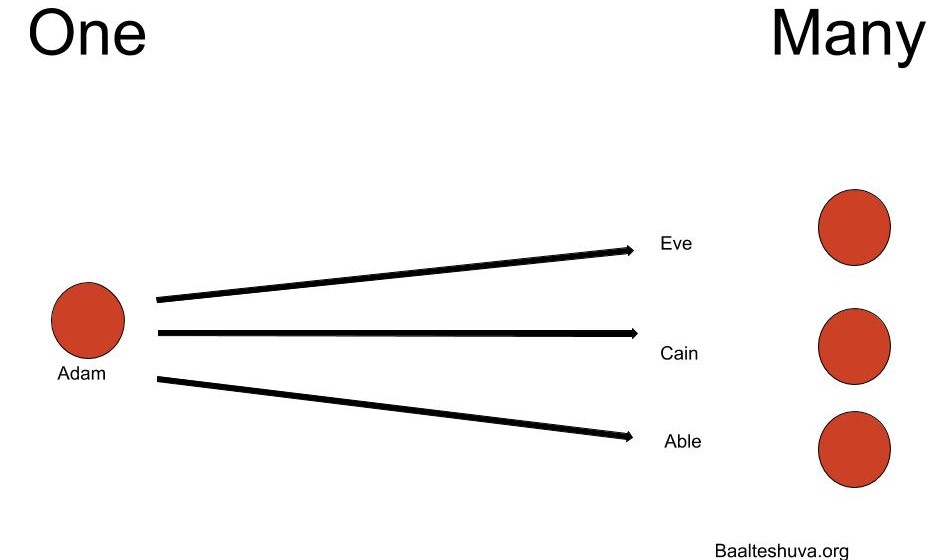
Timing is everything

From this moment forward Man (singular) became Man (plural). He essentially became multiple. Hashem separated Eve from Adam and thus allowed them the gift of reproduction. Eve, being a “helper” allowed him to have a partner to confer with on decisions or to choose. Immediately after that, Hashem gave Adam and Eve the very first challenge, a test, a choice, a “fork in the road”. Genesis Chapter 3

Having free will, by definition, comes with the ability to fulfill our various missions as set forth in the Torah or, hopefully not the opposite.
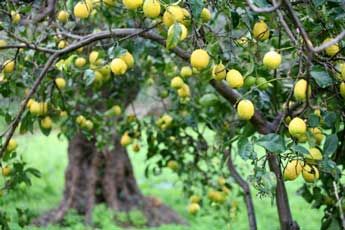
The very purpose of the Torah itself is highlighted through the incident of the forbidden fruit. The Torah exists for the sole intention to instruct mankind on how to live a good life.
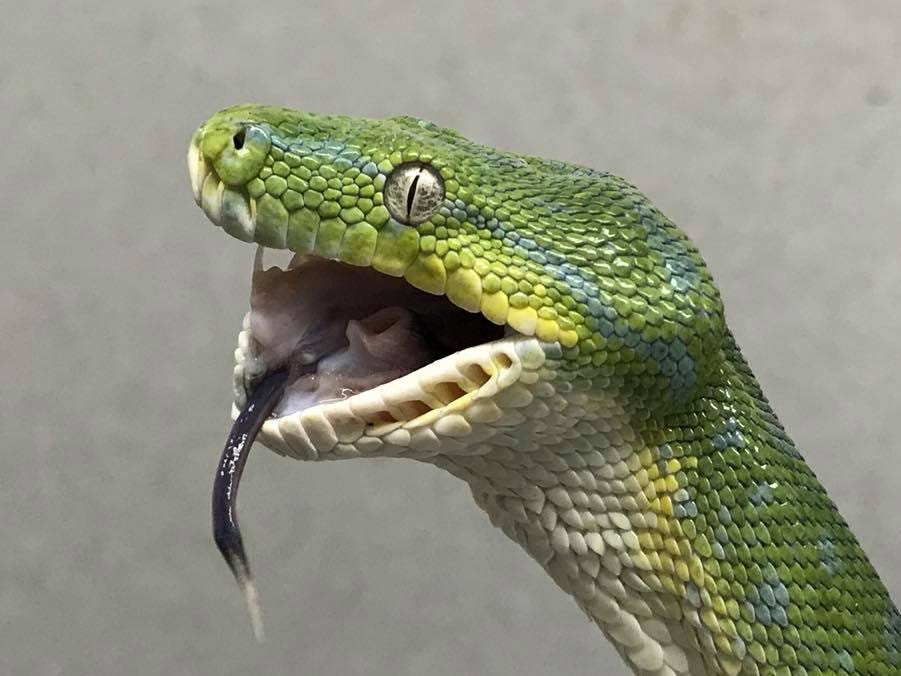
This is a lesson that must be learned over and over. By allowing ourselves or others to persuade us to act against this God given set of instructions is, to reject our greatest of all gifts from our Creator and exemplifies our need to remember our distinction from the animals.
Appreciation
Things that come hard are, by nature, considered more precious than that which comes easy. This concept is mirrored in our entire history.

How would the gift of the Torah itself be received if it was offered to a wealthy group of people at a country club?

Perhaps having failed this first test was part of Hashem’s plan for us to appreciate our greater calling in this world. The Hebrews had to be stripped of everything, even suffer slavery for 210 years in order to be able to grasp the gravity of what was to come next.
And this is why the greatest sage, Rabbi Akiva concluded that the main principle of the Torah boils down to “Love your fellow as yourself” Leviticus 19:18

Rabbi Hillel worded the same thing differently when asked by a man “Can you teach me the whole Torah while I stand on one foot”? “That which you hate, do not do to your fellow, that is all the Torah and the rest is commentary. Now go and study it.”
Yes, go and study the Torah including the antidote, the remedy, the way to cure yourself of having those animal like tendencies. Animal sacrifices can be found in a vast many places in our Torah. Reading it frequently may just be exactly what it takes to keep people on the right path.
Rebbetzin Esther Jungreis wrote an excellent book called “Life is a Test”. About how to meet life’s challenges successfully.
Yes, Hashem set up life as a test. The greatest and most prevalent test is to forget that our greatest gift is what separates us from the animals. This test provokes mankind constantly, therefore we need the most persistent reminder of the solution. Although the animal sacrifices are no longer done today, humanity can never be informed enough that ultimately the most important of challenges is when one overcomes their animal impulses.
All rights reserved. No part of this website may be reproduced whatsoever without the express and written permission of Baalteshuva.org or (Paul) Moshe Einbinder

